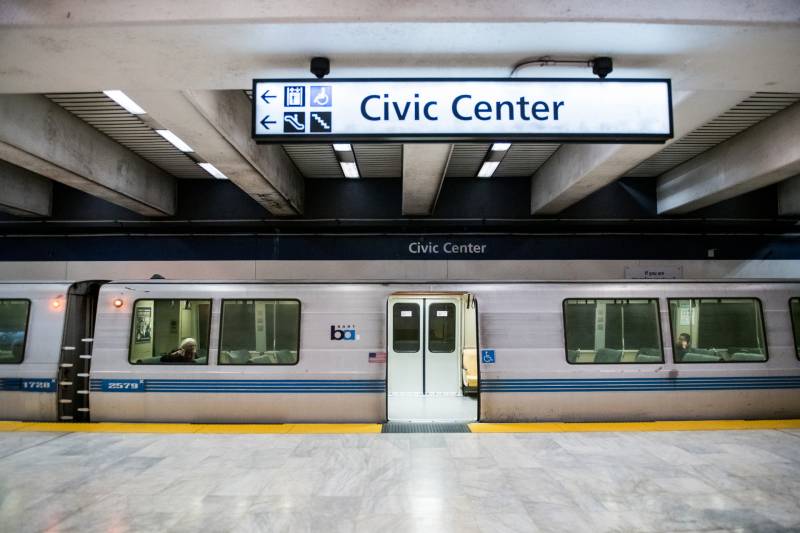Dufty said that the change needs to be part of the nationwide reassessment of institutional racism in the wake of the May 25 police killing of George Floyd in Minneapolis.
“This is a moment where we face two unprecedented challenges in our country — of a pandemic and really seeing how deep racism and racist practices are embedded in this nation,” Dufty said.
The former San Francisco Supervisor said that while the words of his resolution may not line up completely with public calls to defund police forces, “the reality is we have made some grievous mistakes, and we have asked the men and women who are police officers to solve problems they don’t have any of the tools to solve.”
The board passed the budget with Dufty’s amendment by a vote of 7-2, with Directors Debora Allen and Liz Ames voting no. That vote overrode two motions that each of the dissenting directors had made.
Ames had proposed directing management to come up with $100 million in bond funds and grants to expedite replacement of BART’s roughly 750 fare gates, a project designed to make it tougher to get on trains without paying.
Allen has complained for months that BART management has failed to adequately cut its budget to reflect the loss of hundreds of millions of dollars in fare and tax revenue during the pandemic. She put forward a last-minute amendment to cut $51 million from the ‘20-21 operating budget.
Allen pointed out that despite the crisis and a projected 65% decline in fare receipts in the coming year, the $915 million operating budget actually represents an increase from this year’s budget.
“To me, it’s just common sense and our fiduciary duty to look for ways to cut our operating expenses over this next year, to at least make some effort to bring our operating expenses down some to meet our substantial decrease in revenue,” Allen said.
Allen offered no specific suggestions about where she’d find the $51 million in cuts she proposed. Salary and benefits are by far the agency’s biggest single line item, representing about 70% of the operating budget. A deep cut would likely mean extensive layoffs or furloughs, a step BART management and the board majority have resisted as one that would damage the agency’s ability to restore service when passengers return.
A presentation earlier in the meeting underlined just how much remains uncertain about when more riders will come back.
An email survey of previous BART riders conducted in May showed just 15% of customers were still using the system. Just 8% were riding three or more days per week. Those numbers square with the agency’s reported ridership numbers, which have rebounded from their mid-April nadir but remain nearly 90% below pre-pandemic levels.
The survey found fewer than half of those who stopped riding BART said they were “very likely” to ride again. Another 25% said they were “somewhat likely” to get back on trains. The main reasons cited for the reluctance to ride: a variety of concerns over a possible lack of social distancing, failure of other patrons to wear masks and the cleanliness of trains and stations.
Also troubling for a district heavily dependent on fares to balance its budget is that survey respondents also indicate that even when they do start taking BART again, they won't ride the system as often as they have in the past.
Among the large group who said they were not riding BART during shelter in place, 45% said they had used the system 5 days a week prior to the pandemic. Going forward, just 25% said they would use the trains that often, while 48% said they would ride just a day or two a week or even less frequently.
